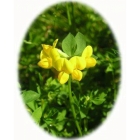 | ||
Perfect for pollinators RHS Perfect for Pollinators. The RHS Perfect for Pollinators mark is only given to plants that support pollinating insects in gardens. Bees, butterflies, moths, hoverflies and many others visit flowers to feed on nectar and pollen; while doing so they transfer pollen and increase seed set and fruit development. Find out more at: rhs.org.uk/plants Lotus corniculatus – Birdsfoot trefoil is named after the seed capsules that as they ripen take on a shape similar to a bird’s foot. It is found on a wide range of soil types and is extremely adaptable making it a perfect general-purpose meadow plant for the wildflower garden. Bird’sfoot trefoil is a low growing plant with a delicate yellow flower that sometime has a reddish tinge, giving rise to it’s other name of “bacon and eggs”. Birdsfoot trefoil will attract bees, and is an important food plant for the common blue butterfly. Flowers appear in early summer and look best growing with Oxeye daisies, Black Knapweed, Meadow Cranesbill and Field Scabious. How to grow Birdsfoot trefoil from seed: Sow Birdsfoot trefoil seeds in Spring or Autumn in seed trays and cover lightly with compost. Usually this is one of the easiest wildflowers to germinate and given the right conditions seedlings will often appear within days of sowing. Seedlings, which are quick to develop, can be pricked out and grown on, for planting out later in the year. Seeds will also store well if kept dry and cool. type - perennial, colour - Yellow, height - 0 to 25cms, flowers June, July, August, habitat - Moist Grassland (Clay, Loams), Dry Grassland (clay, loam), Very dry Sandy Soil, Very Acidic Soil (Peats, Heaths), chalk and limestone grassland, Caterpillar Food Plant, Attracts Butterflies | ||
Printed 02/12/2025 20:46:02
st57_1 type perennial colour yellow height 0 to 25cms flowers june july august habitat moist grassland clay loams dry grassland clay loam very dry sandy soil very acidic soil peats heaths chalk and limestone grassland caterpillar food plant attracts butterflies rhs perfect for pollinators pollinating insects bees butterflies moths hoverflies ground cover
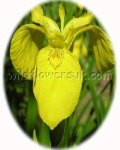
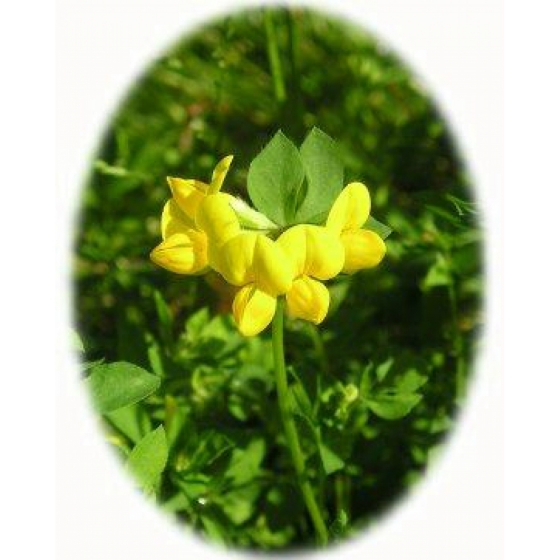
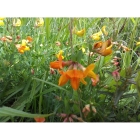
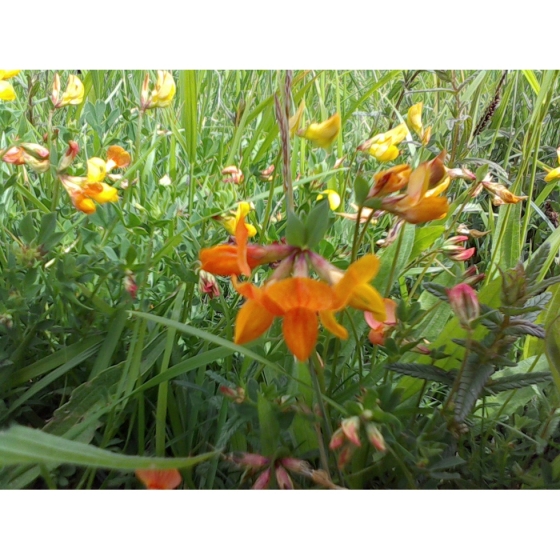
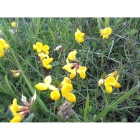
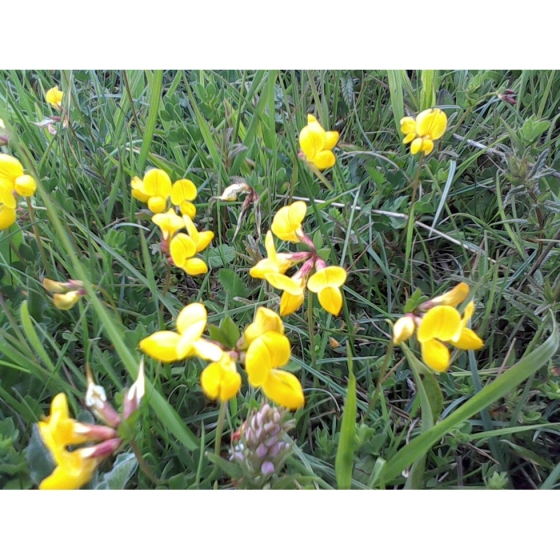



 added to basket
added to basket